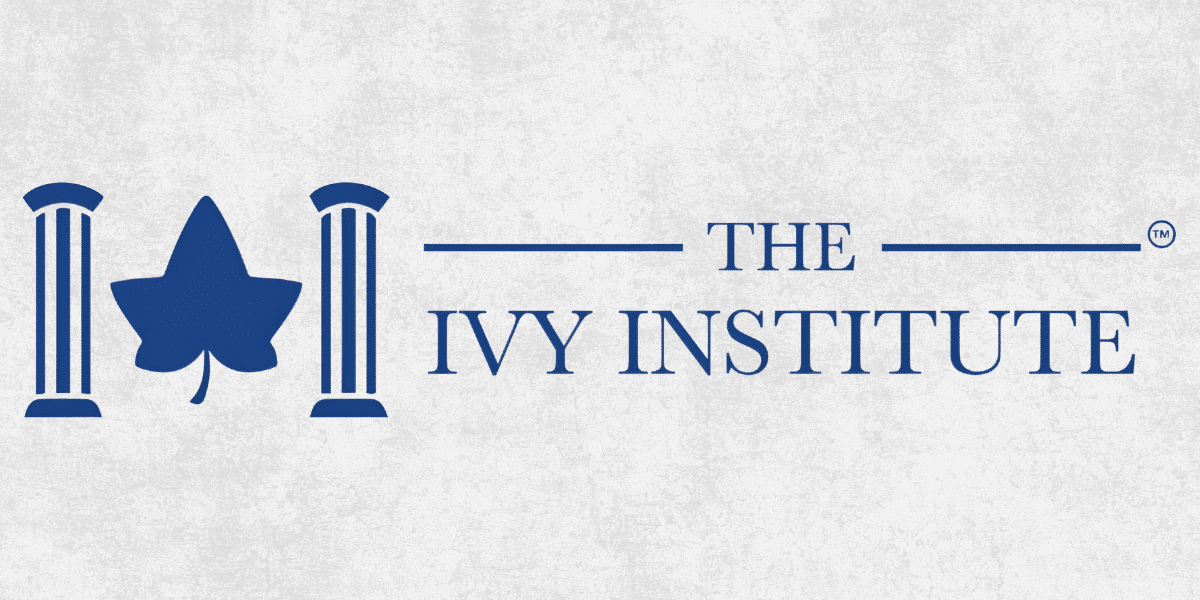Many Americans face an uphill battle in saving for retirement. The shift from pensions to 401(k)s, rising costs, and market volatility create major challenges.
WASHINGTON D.C. – Images of a leisurely retirement filled with travel and hobbies are often just a mirage for many Americans. A significant portion of the US population is severely underprepared for their post-work years, raising concerns about a looming retirement crisis.
The Disappearing Pension
Past generations often relied on defined-benefit pension plans:
- Employer Promise: These plans guaranteed a specific monthly payout in retirement, based on salary and years of service.
- Shifting Burden: Companies bore the investment risk. However, pensions became expensive to maintain, leading many businesses to phase them out.
- Who Still Has One?: Primarily government workers and some older employees in long-established industries may still benefit from pensions.
The Rise of the 401(k)
Today, most rely on defined-contribution plans, primarily 401(k)s:
- Individual Responsibility: Employees choose how much to contribute, often with some employer matching. They select investments and bear the risk.
- Pros and Cons: 401(k)s offer control and potential growth, but require discipline and financial understanding many workers lack.
- Not Universal Access: Many smaller businesses don’t offer 401(k)s, and part-time or gig workers are often excluded.
The Savings Shortfall
The numbers are alarming:
- Median Savings: The median retirement account balance for Americans nearing retirement is shockingly low – around $80,000 according to some studies.
- Behind Schedule: Many experts suggest at least $1 million saved is needed for a comfortable retirement, a target few are on track to reach.
- Women Lag Further: Women, due to the wage gap, taking time off for caregiving, and longer lifespans, face an even steeper uphill climb.
Why It’s So Hard to Save
It’s not simply lack of willpower. Factors include:
- Stagnant Wages: For decades, wages haven’t kept pace with rising living costs, leaving little room to prioritize saving.
- Healthcare Squeeze: Exorbitant healthcare expenses eat up budgets, jeopardizing the ability to set money aside for the future.
- Debt Trap: Student loans, credit card debt, and high housing costs make saving beyond the bare minimum nearly impossible.
- Confusing Landscape: It’s overwhelming to navigate the world of 401(k) plans, IRAs, investment options, and conflicting advice.
The Risks of Undersaving
The consequences of undersaving for retirement are severe:
- Working Longer: Many plan to delay retirement, but age or health issues may derail that strategy.
- Drastic Lifestyle Cuts: Seniors on fixed incomes could face bleak choices between food, medicine, and housing in old age.
- Burden on Families: Older adults may become financially dependent on children, straining relationships and resources.
- Strained Social Programs: An aging population without savings puts pressure on government programs like Social Security.
Is There Hope? Potential Solutions
While the problem is complex, there’s action individuals can take:
- Start Now, Anything Helps: Even small amounts saved early on have time to compound with market growth.
- Automate Savings: Set up automatic paycheck deductions into a retirement account, so you save before you spend.
- Get Employer Match: If available, ALWAYS contribute enough to get the full employer match—it’s essentially free money.
- Seek Trusted Advice: Reputable financial advisors can help create a plan, even if you can’t afford ongoing services.
Policy Proposals for Wider Change
- Expanding Retirement Plan Access: Mandating retirement plan offerings for small businesses or creating state-run programs could help more workers save.
- Social Security Solvency: Reforms to Social Security are needed to ensure a basic level of income for future retirees.
- Focus on Financial Literacy: Education on budgeting, saving, and investing needs to start early and be widely accessible throughout life.
The vision of a carefree retirement is becoming a luxury for many Americans. Proactive saving and systemic changes offer the best chance to ensure future seniors can age with dignity and financial security.









